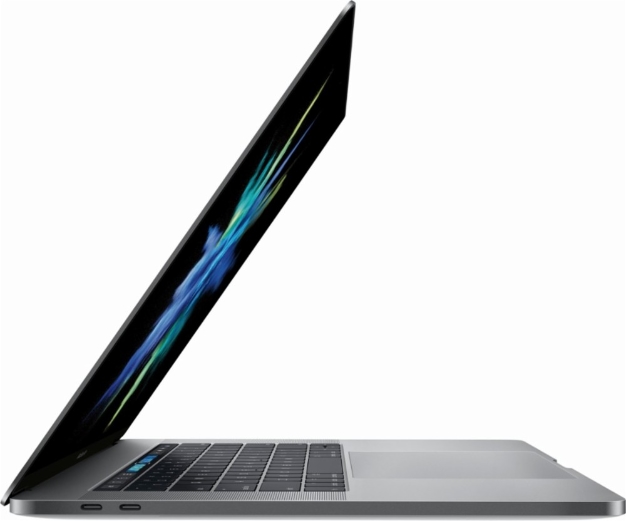Apple Blames MacBook Pro Coffee Lake CPU Throttling On macOS Flaw, Patch Now Available

Dave Lee first brought attention to the thermal throttling, then publications like Apple Insider reproduced the throttling with their own testing. Apple is now officially confirming the issue, and is blaming it on a “missing digital key” in the firmware for its newest MacBook Pros. Here is Apple’s full statement on the matter:
Following extensive performance testing under numerous workloads, we’ve identified that there is a missing digital key in the firmware that impacts the thermal management system and could drive clock speeds down under heavy thermal loads on the new MacBook Pro. A bug fix is included in today’s macOS High Sierra 10.13.6 Supplemental Update and is recommended. We apologize to any customer who has experienced less than optimal performance on their new systems. Customers can expect the new 15-inch MacBook Pro to be up to 70% faster, and the 13-inch MacBook Pro with Touch Bar to be up to 2X faster, as shown in the performance results on our website.
One would assume that this software fix for the MacBook Pro completely addresses the throttling issues, as the company is still sticking to the original performance claims that it made when announcing the products earlier this month.

The supplemental update takes the macOS 10.13.6 to build 17G2208 (direct download here) and only applies to 2018 MacBook Pro 13- and 15-inch models with the Touch Bar. Apple describes the update as improving the “stability and reliability” of affected systems.
We’re glad to see that Apple has reacted relatively quickly here (roughly one week), but we’ll have to wait until “before patch” and “after patch” benchmarks are posted to see if performance is in fact fully restored and if Apple’s 2018 MacBook Pros can actually outperform their predecessors under heavy loads.

